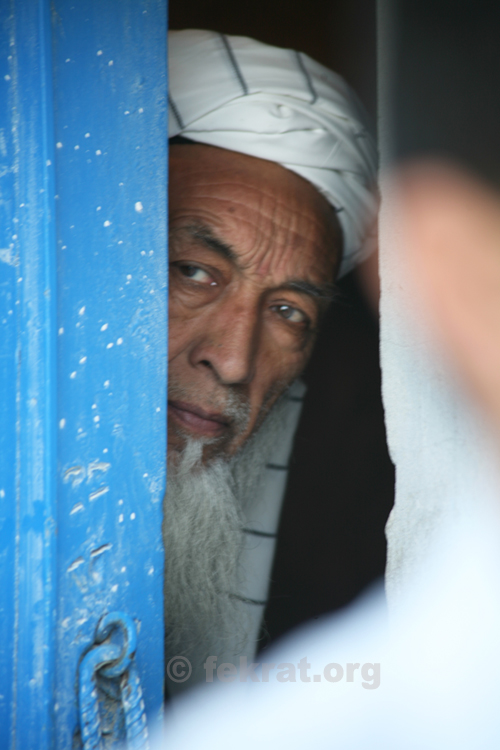Ulama, an Invisible Force
Ulama are the most influential figures in Afghan society. They do not have a visible presence in the government nor in the public domain, however, they are a great tool for governments. Recently, the council of ulama issued a fatwa saying that rejecting food and dying from hunger is against Islam. The next day, Afghan police raided the Afghan female politician tent Semin Barakzai, who was in a hunger strike for more than 12 days. Semin Barakzai, a 30-year-old mother of three and one of nine MPs expelled from the national assembly over vote-rigging claims, had refused to eat until she is reinstated to her parliamentary seat or her case is re-investigated.
In Afghanistan, the ulama keep an important position among the mass. Unlike Iranian ulama who were heavily involved in the Tobacco Movement, the 1979 revolution, and many other national political movements, the Afghan ulama have never been a threat to governments and have never opposed the power of Afghan Amirs and kings. They have always been used as a tool when they were needed. They are disorganized and corrupted but they have only one powerful tool: Sharia. They issue fatwas and even sometimes their fatwas do not stem from Quran or Sharia but they are an invisible force in the Afghan public domain.
